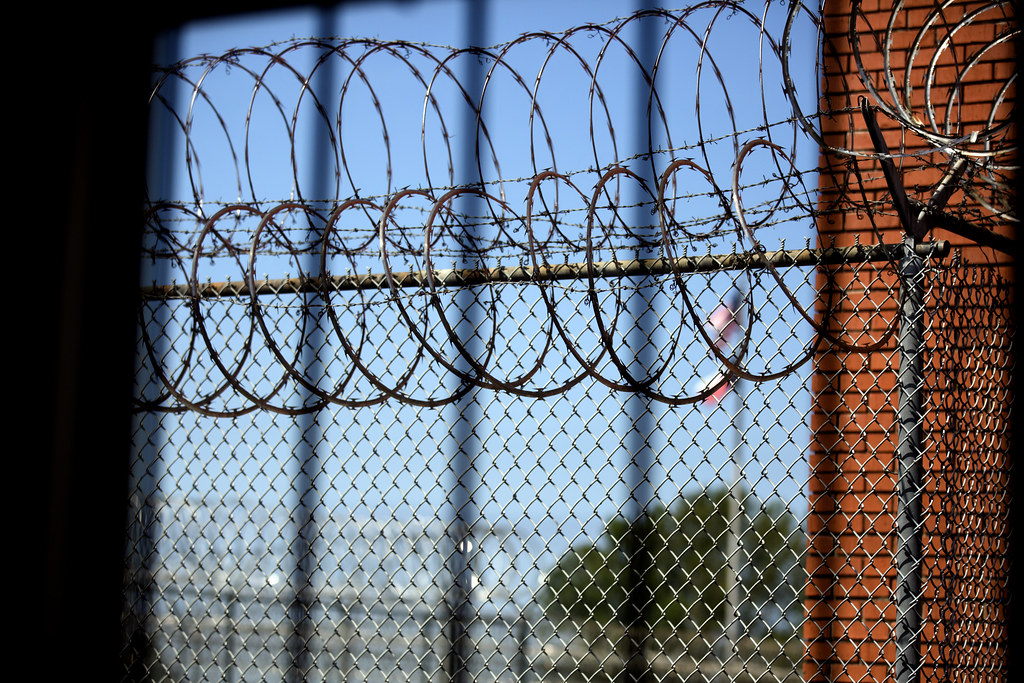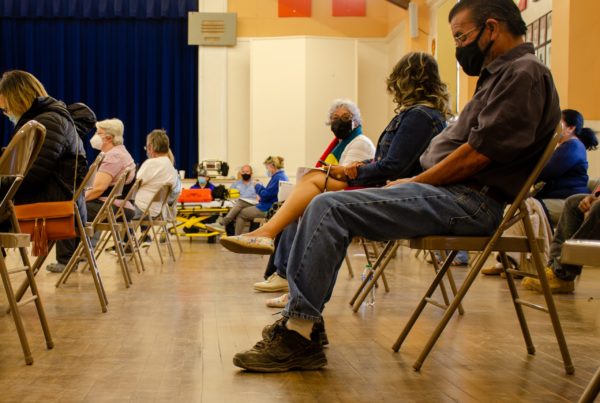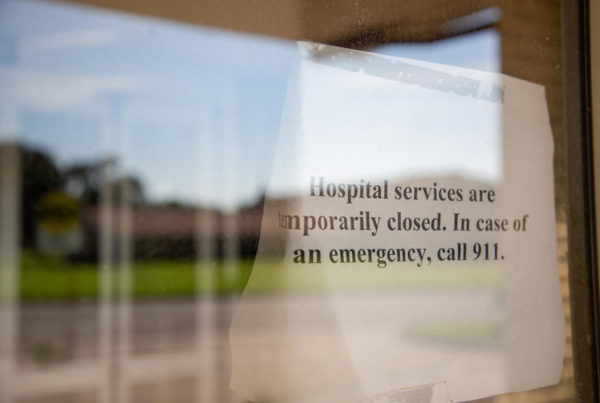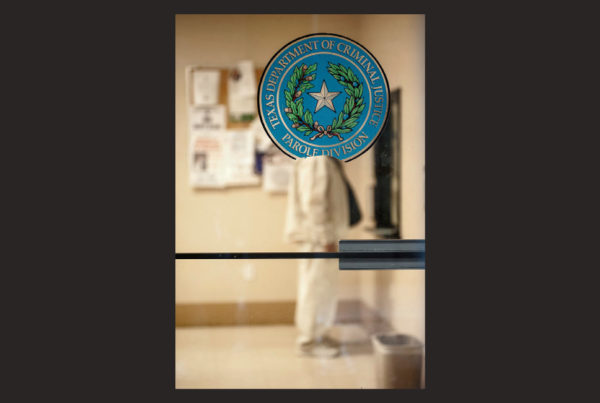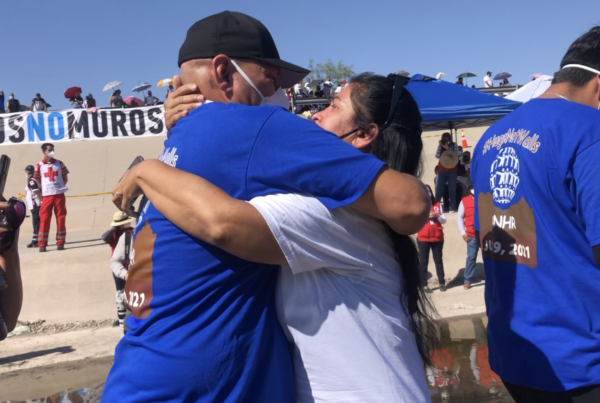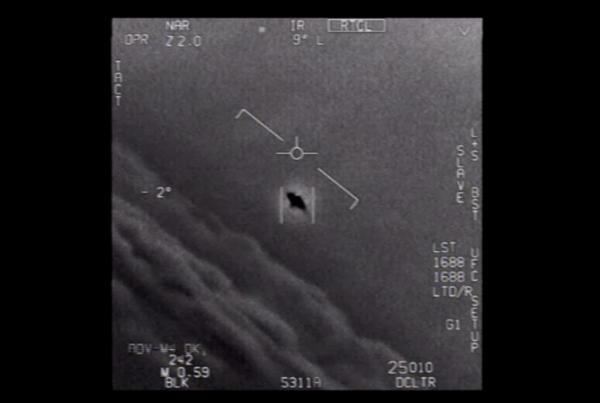Last week, the Texas Department of Criminal Justice began transferring prisoners from its Dolph Briscoe Unit southwest of San Antonio to other facilities to make room for about 1,000 migrants detained at the southern border.
Keri Blakinger, who reports on the criminal justice system for The Marshall Project, told Texas Standard says it’s a “very unconventional use” of the prison.
“They’re going to be using this as essentially like a county jail,” she said.
UPDATE: Texas prison system confirms. They have, at @GovAbbott‘s orders, cleared out one prison “to arrest & confine those individuals crossing the border unlawfully” by having troopers arrest them for other crimes. Instead of jail or detention, they’re going straight to prison https://t.co/aUvTJA2j32 pic.twitter.com/pLeGjytjov
— Keri Blakinger (@keribla) June 17, 2021
She says the plan likely faces some legal and logistical problems. First, TDCJ staff are not legally allowed to guard people
accused or convicted of misdemeanors; it’s not yet clear of what crimes, if any, the migrants detained there would be accused. Plus, she says TDCJ staff isn’t trained to work with migrants.
“The employees that work at that unit don’t have any sort of training on how to deal with this population, which is not convicted of any crime,” she said.
She also says there could be problematic language barriers between staff and any migrants who don’t speak English.
The prison is expected to house about 1,000 migrants. So far, none have been sent to the unit.
The Briscoe Unit has had problems recently. Just last year, some prisoners defeated the locks on their cells and took a hostage. The hostage survived, but Blakinger says it revealed the unit’s “structural” and “cultural” problems.
Blakinger says few prominent figures have spoken out against the plan, with the exception of state Rep. Gene Wu, D-Houston whom she said was “incensed” about it.
Blakinger says their detention process within the state prison system will likely make information about their cases more opaque. That’s because migrants do not have the same connections with advocacy groups that the inmates at the prison normally have, so any problems that arise during their time in the facility might be less likely to come to light.
“I think it’s harder for people on the outside, and reporters, to keep tabs on what’s going on,” she said.


